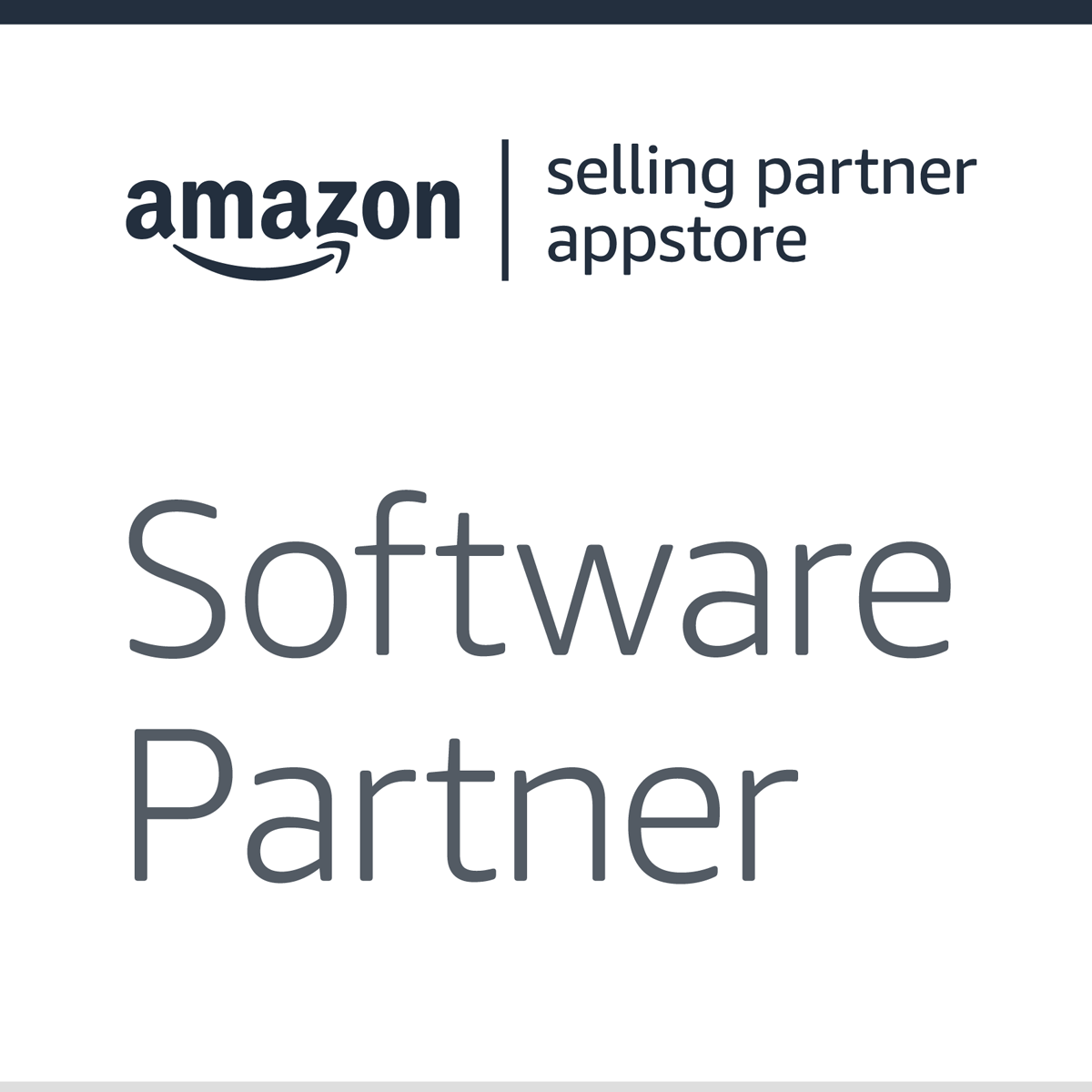Originally published on March 1, 2016, updated December 19, 2022
Menu
Join Our Email List
- Receive our monthly newsletter.
- Stay up to date on Amazon policies.
- Get tips to grow your business.
Selling private label products can be an effective way to stand out in an increasingly crowded online marketplace. Many merchants pursue this strategy with an aim to “own the Buy Box” on a particular product or kit.
With any business strategy, there are unique risks associated with creating your own product brand. During a recent webinar, product compliance expert Rachel Greer presented several important considerations. We hope you find her suggestions useful as highlighted below and in this webinar transcript.
Private sellers face a number of legal risks: regulatory risk, trademark/patent risk, and safety risks. Due to regulations, children’s products and dietary supplements face some of the highest levels of risk for selling in the U.S., according to Greer.
She says the first step is to be aware of the risks associated with the products you are planning to sell and be sure your labeling is correct with no illegal claims. It’s also important to become knowledgeable about patent and trademark laws.
The issue of quality is a major branding risk for private label sellers. “Buying sight-unseen is cost-effective to save on shipping costs, but Amazon isn’t going to evaluate your product. So you won’t know if there is an issue until your customers start complaining,” Greer states. She notes that private label sellers depend upon good feedback from customers. It’s important to provide a positive experience with good customer service and effective packaging.
As a private label seller, you are held legally liable for your products. Greer points out that this can become even more risky when you’re working globally. She recommends working with an experienced consultant to help you reduce your potential for risks. An expert can help you complete product testing and determine your risk tolerance before selling private label products.
In response to a common issue private label sellers face, Greer counsels “ongoing maintenance.” In other words, staying engaged can reduce risks, such as “your supplier changing manufacturing procedures of raw materials suppliers and giving you an inferior or legally non-compliant product you can’t sell.”
Private label is an attractive way to sell on Amazon because you give yourself an opportunity to direct competitors and often increase your share of the Buy Box. However, you do face a number of risks. To discover how to lower costs and learn more about selling private label products safely and responsibly, click here to watch the webinar.
Originally published on March 1, 2016, updated December 19, 2022
This post is accurate as of the date of publication. Some features and information may have changed due to product updates or Amazon policy changes.
These Stories on Business
14321 Winter Breeze Drive
Suite 121 Midlothian, VA 23113
Call us: 800-757-6840





Copyright© 2007-2025 eComEngine, LLC. All Rights Reserved. eComEngine®, FeedbackFive®, RestockPro®, and SellerPulse® are trademarks or registered trademarks of eComEngine, LLC. Amazon's trademark is used under license from Amazon.com, Inc. or its affiliates.
No Comments Yet
Let us know what you think